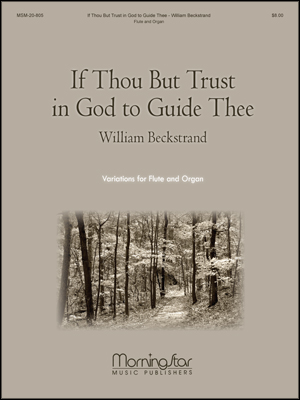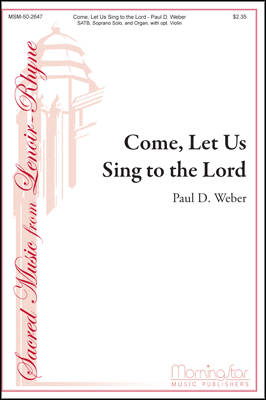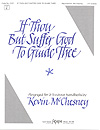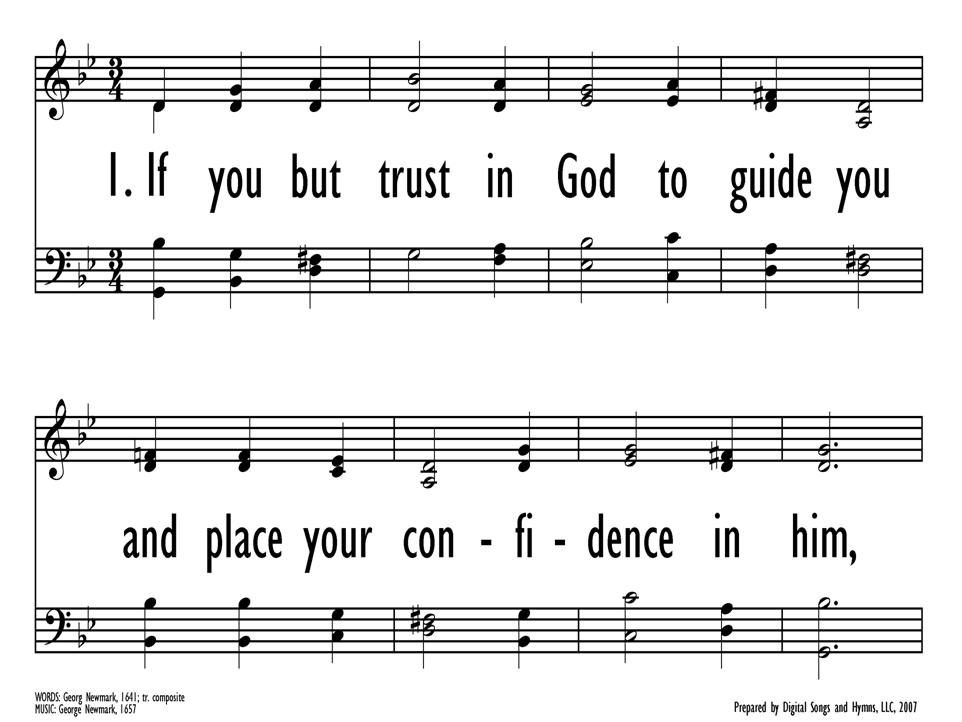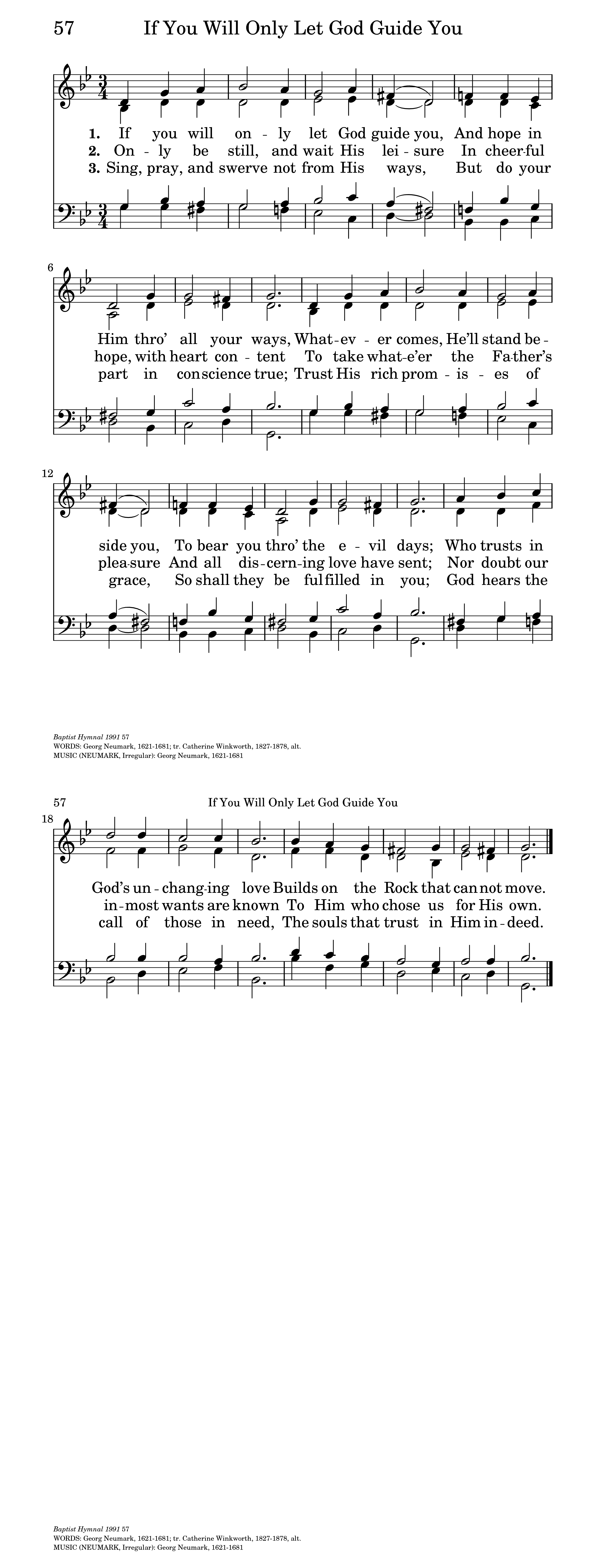Author: Georg Neumark

Georg Neumark (b. Langensalza, Thuringia, Germany, 1621; d. Weimar, Germany, 1681) lived during the time of the Thirty Years' War, when social and economic conditions were deplorable. He had personal trials as well. On his way to Königsberg to study at the university, traveling in the comparative safety of a group of merchants, he was robbed of nearly all his possessions. During the next two years he spent much of his time looking for employment. He finally secured a tutoring position in Kiel. When he had saved enough money, he returned to the University of Königsberg and studied there for five years. In Königsberg he again lost all his belongings, this time in a fire. Despite his personal suffering Neumark wrote many hymns in which he e…
Go to person page >Translator: Catherine Winkworth

Catherine Winkworth (b. Holborn, London, England, 1827; d. Monnetier, Savoy, France, 1878) is well known for her English translations of German hymns; her translations were polished and yet remained close to the original. Educated initially by her mother, she lived with relatives in Dresden, Germany, in 1845, where she acquired her knowledge of German and interest in German hymnody. After residing near Manchester until 1862, she moved to Clifton, near Bristol. A pioneer in promoting women's rights, Winkworth put much of her energy into the encouragement of higher education for women. She translated a large number of German hymn texts from hymnals owned by a friend, Baron Bunsen. Though often altered, these translations continue to be used i…
Go to person page >Scripture References:
all st. = Ps. 55:22, Ps. 56:11, Prov. 3:5-6
Georg Neumark (b. Langensalza, Thuringia, Germany, 1621; d. Weimar, Germany, 1681) lived during the time of the Thirty Years' War, when social and economic conditions were deplorable. He had personal trials as well. On his way to Konigsberg to study at the university, traveling in the comparative safety of a group of merchants, he was robbed of nearly all his possessions. During the next two years he spent much of his time looking for employment. He finally secured a tutoring position in Kiel. When he had saved enough money, he returned to the University of Konigsberg and studied there for five years. In Konigsberg he again lost all his belongings, this time in a fire. Despite his personal suffering Neumark wrote many hymns in which he expressed his absolute trust in God. In 1651 he settled in Weimar, Thuringia, where he became court poet and archivist to Duke Johann Ernst and librarian and registrar of the city. Neumark wrote thirty-four hymns, of which "If You But Trust in God to Guide You" has become a classic.
Neumark wrote this text at age twenty, just after he had finally been able to find employment as a tutor for a judge in Kiel. Neumark was so relieved and grateful to God by his change in circumstance that he wrote this text, saying, “This good fortune, which came so suddenly and, as it were, from heaven, so rejoiced my heart that I wrote my hymn 'Wer nur . . .' to the glory of my God on that first day.”
Written in Kiel, Germany, in 1641, the seven-stanza text (“Wer nur den lieben Gott lasst walten”) had the following heading: "a hymn of consolation, that God will care for and preserve his own in his own time; after the saying 'cast thy burden upon the Lord and He shall sustain thee.' Psalm 55:22." The text was published with the tune, also composed by Neumark, in Fortgepflanzter Musikalisch-Poetischer Lustwald (1657).
Catherine Winkworth (PHH 194) prepared two translations of the original German text: one published in her Lyra Germanica (1855) and one published with substantial revision in her Chorale Book for England (1863), in which the first stanza began "If thou but suffer God to guide thee." Winkworth's revised translation of Neumark's original Stanzas 1, 3, and 7 is the basis for the three stanzas found in the Psalter Hymnal.
A classic German chorale, this fine text focuses on trust in God's care in all of life's circumstances, both prosperous times and "evil days." As Christians we are counseled to be confident (st. 1), to have patience (st. 2), and to be faithful in service (st. 3).
Liturgical Use:
Many occasions in Christian worship when profound trust and hope in God's providence and faithfulness needs to be affirmed as only song can express it.
--Psalter Hymnal Handbook
Notes
Scripture References:
all st. = Ps. 55:22, Ps. 56:11, Prov. 3:5-6
Georg Neumark (b. Langensalza, Thuringia, Germany, 1621; d. Weimar, Germany, 1681) lived during the time of the Thirty Years' War, when social and economic conditions were deplorable. He had personal trials as well. On his way to Konigsberg to study at the university, traveling in the comparative safety of a group of merchants, he was robbed of nearly all his possessions. During the next two years he spent much of his time… Read More
Scripture References:
all st. = Ps. 55:22, Ps. 56:11, Prov. 3:5-6
Georg Neumark (b. Langensalza, Thuringia, Germany, 1621; d. Weimar, Germany, 1681) lived during the time of the Thirty Years' War, when social and economic conditions were deplorable. He had personal trials as well. On his way to Konigsberg to study at the university, traveling in the comparative safety of a group of merchants, he was robbed of nearly all his possessions. During the next two years he spent much of his time looking for employment. He finally secured a tutoring position in Kiel. When he had saved enough money, he returned to the University of Konigsberg and studied there for five years. In Konigsberg he again lost all his belongings, this time in a fire. Despite his personal suffering Neumark wrote many hymns in which he expressed his absolute trust in God. In 1651 he settled in Weimar, Thuringia, where he became court poet and archivist to Duke Johann Ernst and librarian and registrar of the city. Neumark wrote thirty-four hymns, of which "If You But Trust in God to Guide You" has become a classic.
Neumark wrote this text at age twenty, just after he had finally been able to find employment as a tutor for a judge in Kiel. Neumark was so relieved and grateful to God by his change in circumstance that he wrote this text, saying, “This good fortune, which came so suddenly and, as it were, from heaven, so rejoiced my heart that I wrote my hymn 'Wer nur . . .' to the glory of my God on that first day.”
Written in Kiel, Germany, in 1641, the seven-stanza text (“Wer nur den lieben Gott lasst walten”) had the following heading: "a hymn of consolation, that God will care for and preserve his own in his own time; after the saying 'cast thy burden upon the Lord and He shall sustain thee.' Psalm 55:22." The text was published with the tune, also composed by Neumark, in Fortgepflanzter Musikalisch-Poetischer Lustwald (1657).
Catherine Winkworth (PHH 194) prepared two translations of the original German text: one published in her Lyra Germanica (1855) and one published with substantial revision in her Chorale Book for England (1863), in which the first stanza began "If thou but suffer God to guide thee." Winkworth's revised translation of Neumark's original Stanzas 1, 3, and 7 is the basis for the three stanzas found in the Psalter Hymnal.
A classic German chorale, this fine text focuses on trust in God's care in all of life's circumstances, both prosperous times and "evil days." As Christians we are counseled to be confident (st. 1), to have patience (st. 2), and to be faithful in service (st. 3).
Liturgical Use:
Many occasions in Christian worship when profound trust and hope in God's providence and faithfulness needs to be affirmed as only song can express it.
--Psalter Hymnal Handbook
Read Less
Hymnary Pro Subscribers
Access
an additional article
on the Canterbury Dictionary of Hymnology:
Hymnary Pro subscribers have full access to the Canterbury Dictionary of Hymnology.
Subscribe now
For Leaders
When Georg Neumark was 18 years old, he was traveling across Germany to school when he was robbed of all his personal possessions and money. He spent the next two years looking for work amidst the economic hardships of the Thirty Years War. Finally, at the age of 20, he found employment as a tutor for a judge in Kiel. He was apparently so relieved and grateful that later that night he wrote this text of trust and gratitude, saying, “This good fortune, which came so suddenly and, as it were, from heaven, so rejoiced my heart that I wrote my hymn ‘Wer nur...’ to the glory of my God on that first day” (Psalter Hymnal Handbook, 611). Neumark knew of the trials we face every day – whether they are economic, emotional, spiritual, or physical. And he knew that, even if it is not how we would have first asked or imagined, God provides for His people. During those two years of living in the unknown, Neumark knew one thing: God was always with him. Later in his life he again lost all his possessions to a fire, but he had these words of trust to say in the face of adversity. And in the face of our own hardships, we sing these words of trust, knowing that God is with us.
Text:
Neumark’s original German text, written in 1641, consisted of seven verses. In 1855, Catherine Winkworth translated the text into English, and in 1863 drastically revised her translation, the first line now reading, “If thou but suffer God to guide thee.” Her revisions of the original stanzas one, three, and seven are found in most modern hymnals. Changes in word choice abound between hymnals, but despite different wording, the different texts all ultimately say the same thing. For example, in the Psalter Hymnal, the third stanza reads, “Sing, pray and keep his ways unswerving, offer your service faithfully...” compared to the same line in the Presbyterian Hymnal, which reads, “Sing, pray, and swerve not from God’s ways, but do thine own part faithfully.” Other changes between hymnals amount to changing “thy” and “thine” and other antiquated language to a more modern text.
Tune:
The tune WER NUR DEN LIEBEN GOTT (same name as original German hymn) was composed by Neumark in 1657 to accompany his text. This became a very popular tune, used in organ variations by Lutheran composers, and in a number of Bach’s cantatas. This is a rather interesting tune because, as Paul Westermeyer states, it can be sung at a number of different tempos, and the meaning of the text will change depending on the speed. For example, you would sing the hymn at a faster tempo when celebrating God’s faithfulness, and at a much slower tempo when singing it in a time of crisis or hardship. The words stay the same, but the meaning changes quite drastically depending on how fast you sing those words. For example, Madeline Robison's slower version in a minor key speaks of heartache much more than Bach's Orgel Buchlein, BWV 607.
When/Why/How:
Throughout the year we have reasons to remind ourselves to rely on God alone for our help and our safety. This hymn is thus appropriate at any time during the liturgical calendar, but especially during times of crisis in your church or when you need a reminder of God’s faithfulness. It can also be very powerful in services of celebration in which you remember and re-tell the stories of how God has been faithful to you and your church.
Suggested music:
- Phillips, Craig. O Love, How Deep: Three Hymn Settings for Organ
- Wondrous Grace (Hymns, Spirituals and Classices for Lent and Holy Week) - for Piano
- Cherwien, David. If You But Trust in God to Guide You for Choir, Congregation, Organ, Bass, Cello, and Flute
- Woodward, James. If YOu But Trust in God for Choir
Laura de Jong,
Hymnary.org
FlexScores are available in the Media section below.
Full Score | Bulletin Score | Bulletin Score (melody only) |
| | |
MuseScore is a free music notation program that can open and edit MusicXML scores.


 My Starred Hymns
My Starred Hymns

